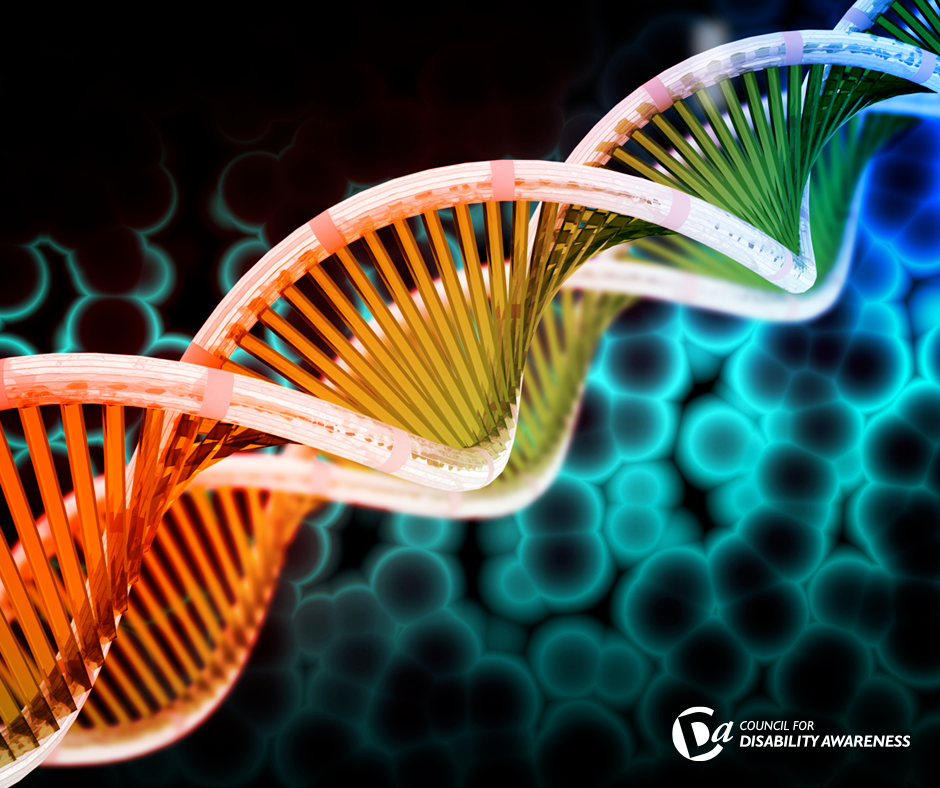 There’s no doubt, coping with an unexpected disability can be challenging. But that doesn’t mean it’s hopeless. Though it may take time, it is possible to live very well despite your diagnosis. And the good news is that there are specific steps that you can take today to help you build the happy, fulfilling life you deserve.
There’s no doubt, coping with an unexpected disability can be challenging. But that doesn’t mean it’s hopeless. Though it may take time, it is possible to live very well despite your diagnosis. And the good news is that there are specific steps that you can take today to help you build the happy, fulfilling life you deserve.
Managing Financial Challenges
One of the most significant challenges that a person managing an unexpected disability may face is the financial hardship that may result. You may, for example, find yourself having to take leave from your job or even having to stop working entirely. At the same time, you are probably faced with substantial medical expenses relating to your illness or injury.
But there are resources that can help. The most important thing is to be proactive in your efforts to put your financial house in order following a disability diagnosis. For example, many healthcare providers will work with you to help you manage your medical expenses, including offering low-interest repayment plans and discounts.
You can also reach out to charitable organizations to help mitigate some of the financial strain of your medical care and lost wages. Many nonprofit agencies exist to support patients and families who have been diagnosed with particular illnesses. The American Cancer Society, for instance, offers a range of resources to help patients fund treatment and manage household expenses.
Supporting Mental Health
When you become unexpectedly disabled, it’s not only your financial wellbeing that is affected. Your mental health will almost inevitably take a hit, at least in the short term, as you learn to adjust to your new normal.
And as you make this transition, you must learn to recognize signs that you may be in distress. This isn’t always easy, however, because the symptoms of anxiety and depression might not manifest in the classic form of panic or low mood.
You might find, instead, that you’re having trouble sleeping, eating, or concentrating. You might find yourself feeling unmotivated, hopeless, and besieged by worry. And if that’s the case, you may well be suffering from depression and anxiety disorder, conditions which often go hand-in-hand.
Even if you are not experiencing these challenges, though, being proactive in nourishing your mental health as you adjust to your diagnosis can significantly enhance your overall quality of life.
In addition to seeking the mental health support you need from counselors, psychologists, and psychiatrists, you can also cultivate a home environment that supports your emotional well-being.
Eliminating the clutter from your living space and designing a furniture layout that supports functionality and accessibility can help your home feel more tranquil, inviting, and navigable, even if you have mobility issues. Similarly, infusing your environment with decor, mementos, and flowers and plants can boost your mood, while a soothing color palette and soft lighting will help you feel calmer and more peaceful on difficult days.
Focus on Fitness
Just because you have been diagnosed with a disability does not mean that fitness no longer matters. In fact, it’s more important than ever. And when you focus on fitness, you’re also, inevitably, going to be increasing the quality of your life. You don’t have to go out and run a marathon or climb a mountain to make it happen either. Simply select a physical activity that meets your unique needs and piques your interests.
You’ll feel better and stronger and you may even find yourself getting out and getting social, walking, biking, swimming, or playing sports with the people you love.
The Takeaway
Adapting to an unexpected disability may not be easy, particularly at first. But it is possible to build a happy and fulfilling life, to live very well, with a disability. It just takes a bit of effort, a bit of commitment to financial, mental, and physical wellness, to build the future you want and deserve.















